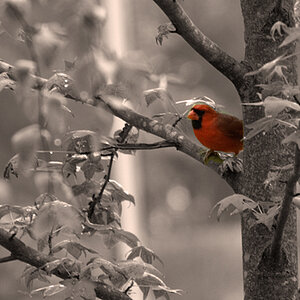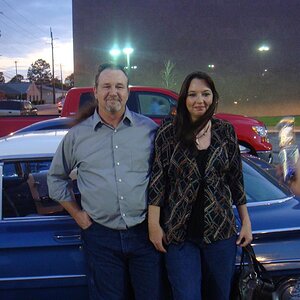- Joined
- Sep 2, 2005
- Messages
- 14,455
- Reaction score
- 3,328
- Can others edit my Photos
- Photos OK to edit
Since you're a videographer what should I be looking for when it comes to less than 500 dollar camcorders? The only video I can currently do is on my 5mp kodak easyshare. The canon powershot s5IS takes good videos but I want longer videos.
If you want to take this private you can message me.
pfft. You don't need a camcorder. That's just a scam to sell you more equipment. All you really need to do is take pictures wicked fast using your SLR and then string them together to form a movie.
Anyone who uses a camcorder is really just failing to capture the images fast enough, and is honestly just leaning on a big crutch.
noob.




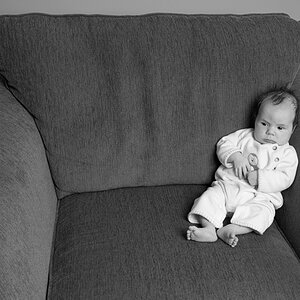
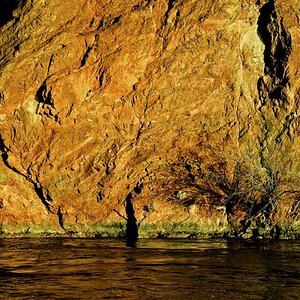
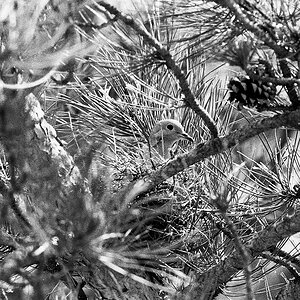
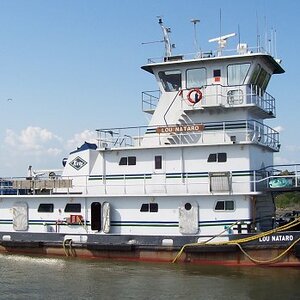
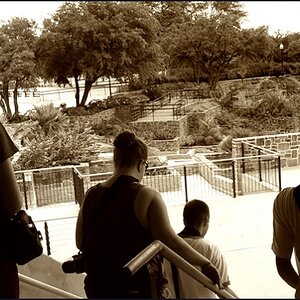
![[No title]](/data/xfmg/thumbnail/33/33341-3a6934b6cdb015b5acf31087acdcd278.jpg?1619735910)
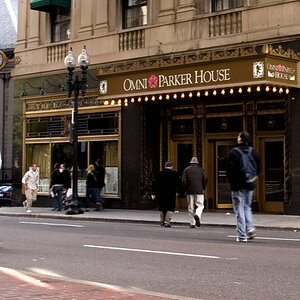
![[No title]](/data/xfmg/thumbnail/42/42486-757c2978c4ecfb0e9dbfca10a0e2d240.jpg?1619740196)

